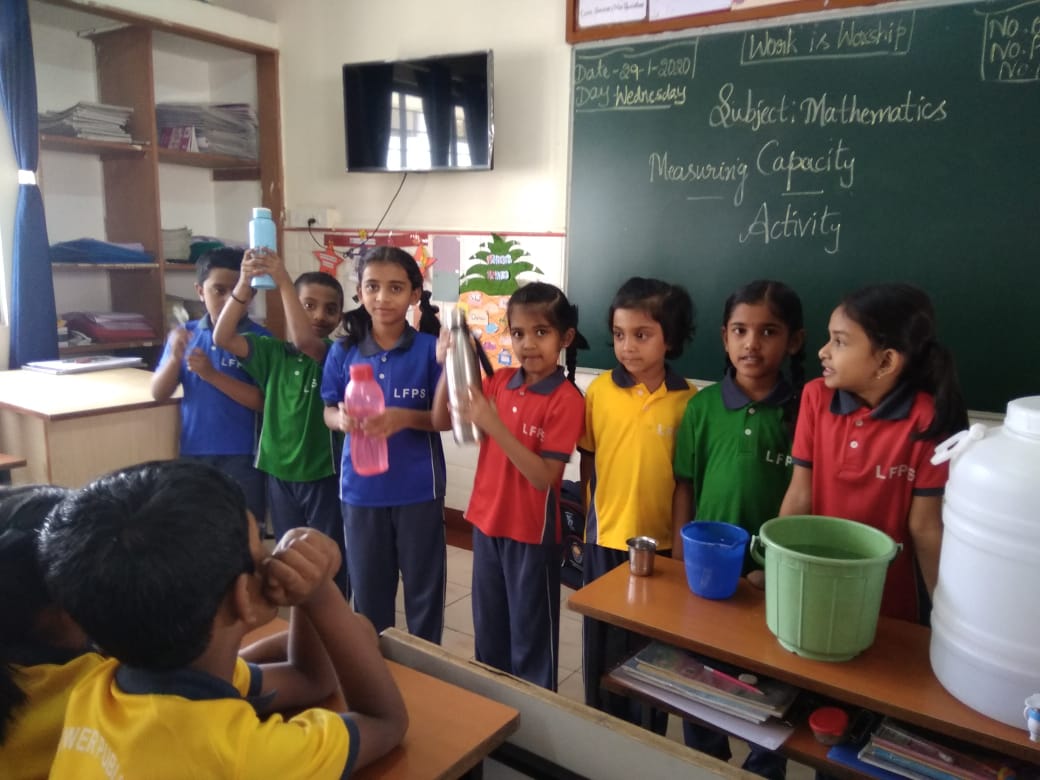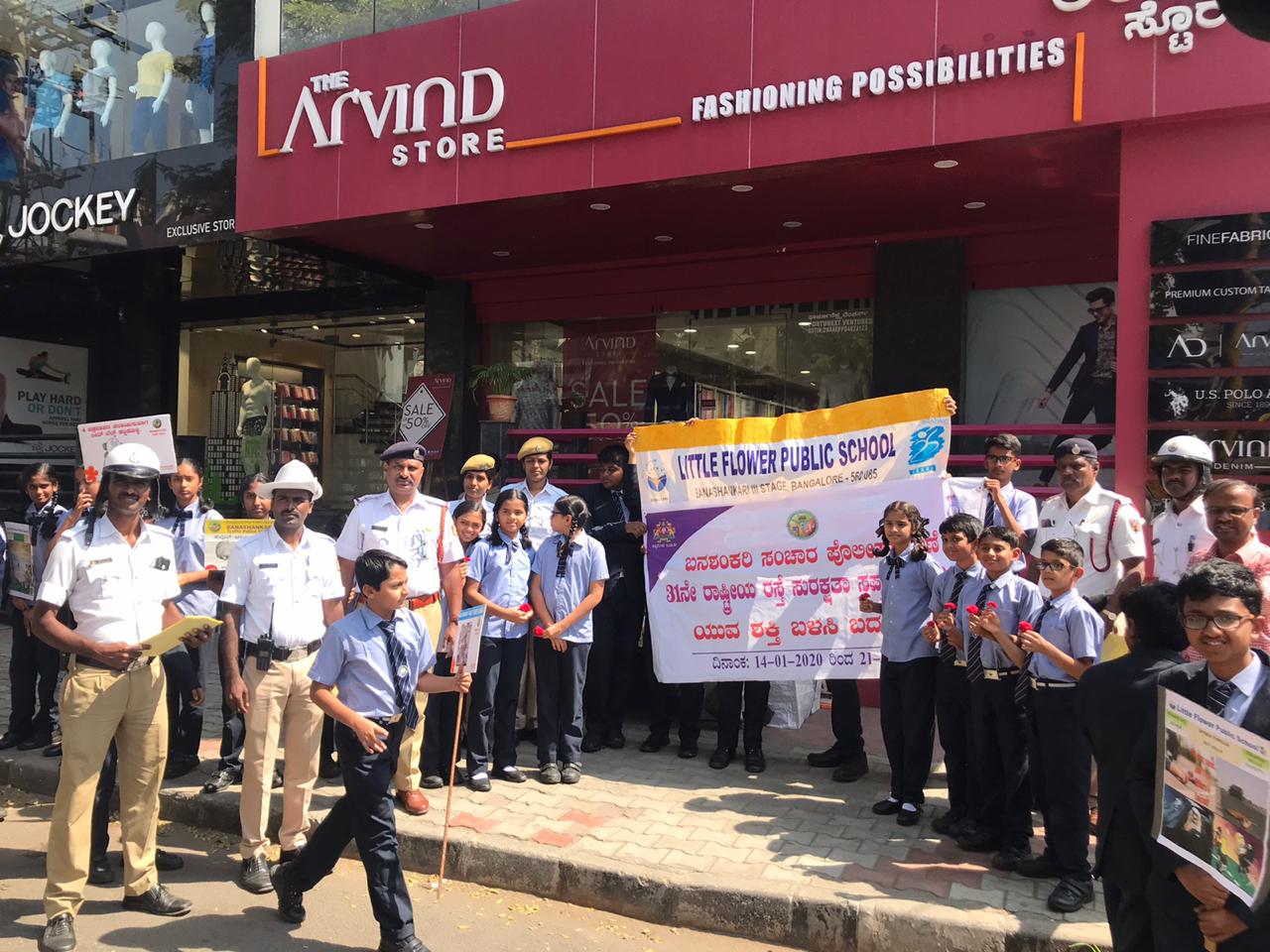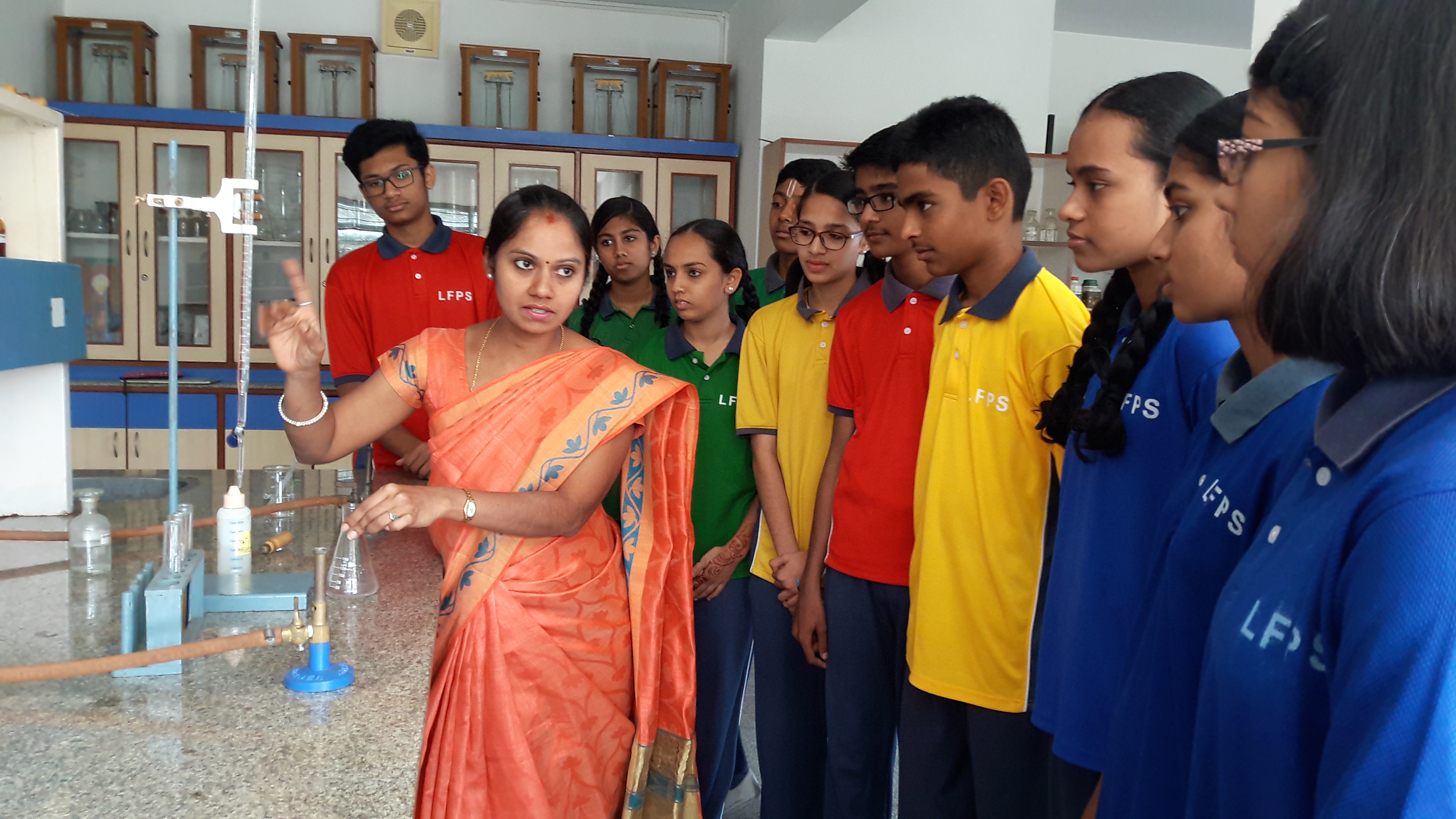Little Flower Public School follows the ICSE syllabus and is affiliated to the Council for the Indian School Certificate Examinations (CISCE)
In 1958, the Council for the Indian School Certificate Examinations was born from a need to impart a uniform body of knowledge to students across India. The goal of CISCE is to provide an education that excites students and helps them reach their maximum capacity. ISC was created in 1986 to provide more specialized education and training to older students, to prepare them for more professional courses.
Little Flower Public School imparts education as per the curriculum prescribed by the CISCE board, to Indian school children, with the vision of creating a morally upstanding generation of inclusive and progressive citizens who thrive in diversity and adversity. Our students are taught to develop an understanding of the outside world alongside prescribed curricula, analytical skills, an ability to grasp concepts independently and the desire to make an impact.
Our students begin their academic careers early at Little Flower. Starting as toddlers in pre-primary, we see them through childhood and adolescence in the primary and middle/secondary classes. We bid goodbye to them as young adults of 18, when they finish the ICSE and move on to more specialized professional courses.
We are proud that our students have done extremely well and the foundation that they developed here has served them in good stead.



